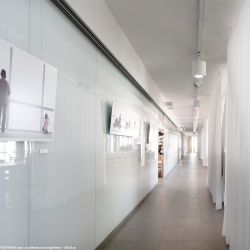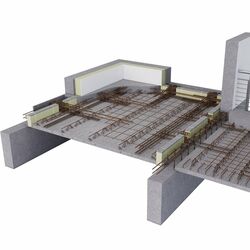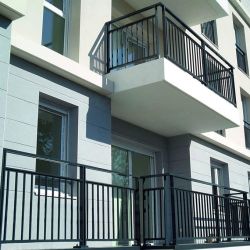The deviation worksite for the RN88 in Haute-Loire will continue: the Clermont-Ferrand administrative court on Wednesday rejected the request of environmental defense associations which are contesting this project funded by the Rhône-Alpes-Auvergne region in the stronghold of its president, Laurent Wauquiez.
Selection of products
To read also
-
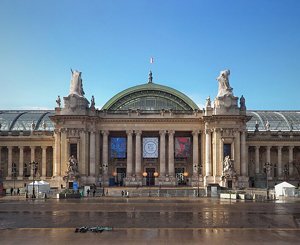 Under the glass roof of the Grand Palais, Macron launches the home stretch before the Olympics
Under the glass roof of the Grand Palais, Macron launches the home stretch before the Olympics
-
 Notre-Dame: 5 years after the fire, the main reconstruction challenges addressed
Notre-Dame: 5 years after the fire, the main reconstruction challenges addressed
-
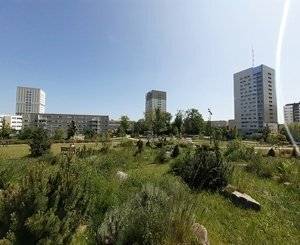 Lorillard Building, synonymous with excellence for the 4 IGH towers in Lambersart
Lorillard Building, synonymous with excellence for the 4 IGH towers in Lambersart
-
 Deadlines will be met for the reconstruction of Notre-Dame de Paris
Deadlines will be met for the reconstruction of Notre-Dame de Paris
-
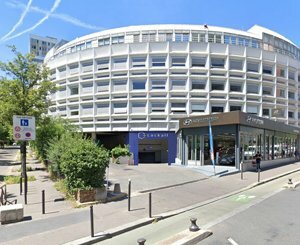 The start-up Lockall invests 18 million euros to buy and transform the 22.000 m2 of a building in the City of Paris
The start-up Lockall invests 18 million euros to buy and transform the 22.000 m2 of a building in the City of Paris
-
 Launch of work on the second Brest tram line
Launch of work on the second Brest tram line
-
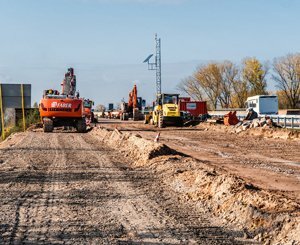 On the route of the A69, three “squirrels” perched and a construction site which continues to advance
On the route of the A69, three “squirrels” perched and a construction site which continues to advance
-
 The construction site of an Ardèche religious complex suspended by the prefecture
The construction site of an Ardèche religious complex suspended by the prefecture
Popular News
-
 The mortgage rate fell in February, for the first time in 1 years
The mortgage rate fell in February, for the first time in 1 years
-
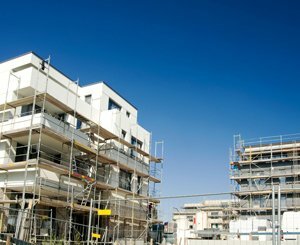 Building and real estate: a sector plagued by crises but whose ecological transition is underway
Building and real estate: a sector plagued by crises but whose ecological transition is underway
-
 As the world burns more fossil fuels than ever, persistent obstacles hamper the race for renewable energy
As the world burns more fossil fuels than ever, persistent obstacles hamper the race for renewable energy
-
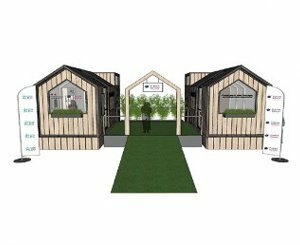 The National Housing Agency announces a national France Rénov' tour with an official launch in Chartres on April 19, 2024
The National Housing Agency announces a national France Rénov' tour with an official launch in Chartres on April 19, 2024


